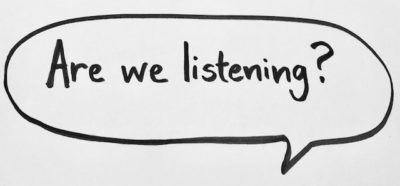A few weeks ago, I had one of those days. One of those “online teacher during a global pandemic” days. A day where I feel like I’m putting on a one woman show with creative enthusiasm, but no one in the audience can even muster a pity laugh. Even worse, more than a few attendees leave early, letting the door bang shut on their way out, not even waiting for intermission.
After three, one hundred minute Zoom meetings on a Monday, the last thing I want is to do is stay signed on for another one. But, it’s Equity Team, and though part of me wants to shoot an email about the migraine that is very likely forming behind my eyes, I love this group and I am passionate about our work, so I don’t.
Besides, this is the day we have invited students to join us for the first time…
Continue reading